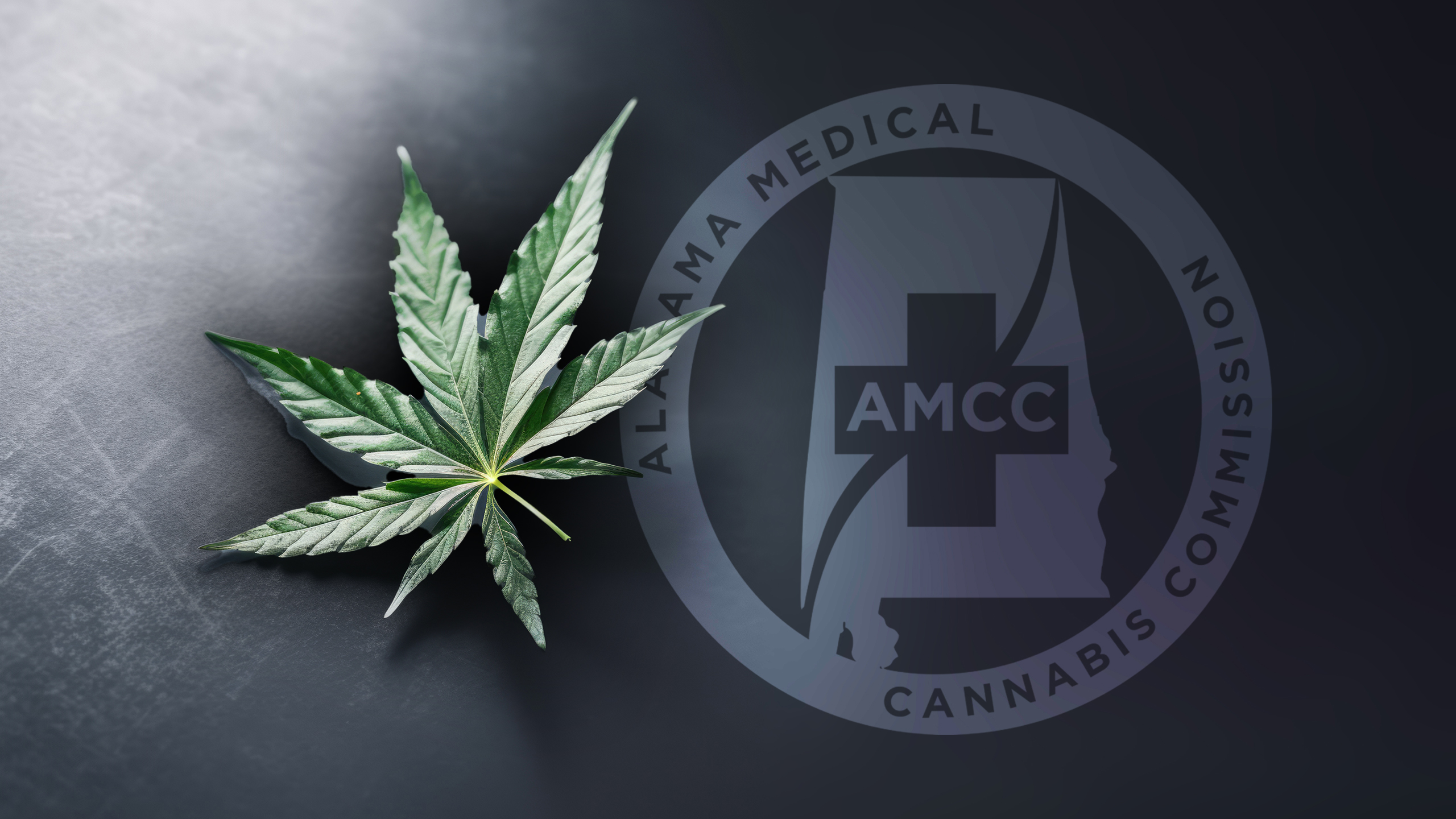|
Getting your Trinity Audio player ready...
|
The Alabama Medical Cannabis Commission doesn’t have to start from scratch.
A couple of days ago, I wrote that it’s time for the AMCC to end its efforts to salvage something from the initial process of awarding licenses – a process the Commission admitted was flawed, restarted once and is now facing yet another restart.
That second restart will depend on a couple of hearings scheduled in Montgomery County Circuit Court today and Monday. At those hearings, a judge will determine if the Commission should be prevented from awarding licenses because it held an illegal meeting that violated the state’s Open Meetings Act. And the judge also will likely determine at some point whether the AMCC should be forced to basically start the process from scratch, because the process up to this point has been so utterly flawed and uneven.
While everything I wrote about the problems and curious scoring decisions on Monday was absolutely true – and absolutely should warrant the AMCC being forced to restart the process from scratch and make it fair – there’s a way to accomplish two important things: getting it right and delivering this necessary drug to patients in need.
Here’s how: 1. Allow the AMCC to award the licenses in areas in which there have been no legal contests to the grading process. 2. Start from scratch in the areas where there are viable complaints about the fairness and consistency of the scoring process.
Right now, there are no filed lawsuits related to the AMCC’s awarding of licenses to cultivators, testing labs or transporters. There’s no reason those licenses couldn’t be awarded to the selected companies, allowing them to move forward with setting up their businesses and preparing for the rollout of medical marijuana in the state. That could still get the drug into the hands of patients by early 2024, as the AMCC planned.
As of right now, all of the lawsuits – and all of the issues with scoring and the application process that have been raised – are confined to the companies seeking integrated licenses. That’s understandable, since those licenses require the most complex planning and applications.
Each company submitting an application for an integrated license had to supply a mountain of information. Most of the applications number into the thousands of pages, and they contain detailed plans for facilities and security and growing processes and on and on.
So, why not just start the application process over for those licenses? Reopen the portal, remove the 10-megabyte file size limit, allow all of the companies to compete on a level playing field and then contract with an auditing company skilled in reviewing complicated applications to issue the grades?
And, you know, also actually follow the laws and guidelines that are in place?
Like, no more absurdly redacted applications. And no more secret AMCC hearings. And no more changing processes on the fly or at the drop of a hat.
Look, the way this was handled was abhorrent. Maybe not intentionally so, but it was patently unfair to a number of companies and those companies have demonstrated how they have been harmed. From the portal workaround some companies got to use to really weird scoring snafus that cost other companies points for no apparent reason to blatant errors that cost other companies, it’s been a mess.
This is an opportunity to get it right, and do so in a manner that still leaves the state on track to meet its rollout goal of medical marijuana for early 2024.
You could have the entire process handled in a couple of months. And most importantly, it would be right.






















































